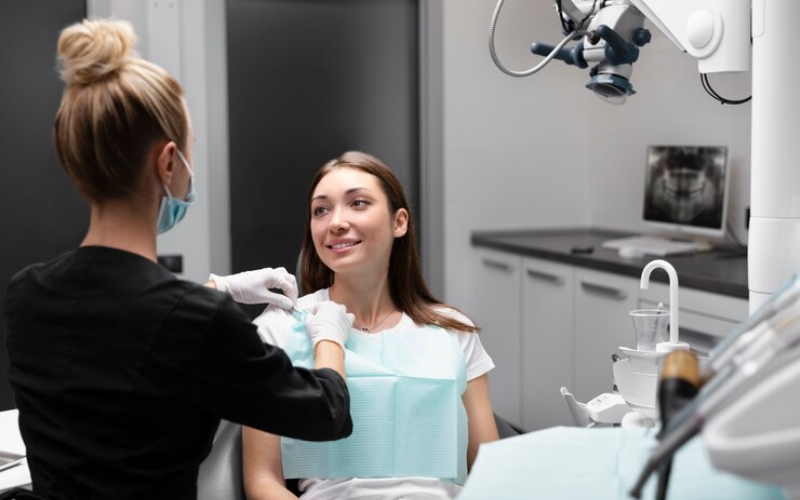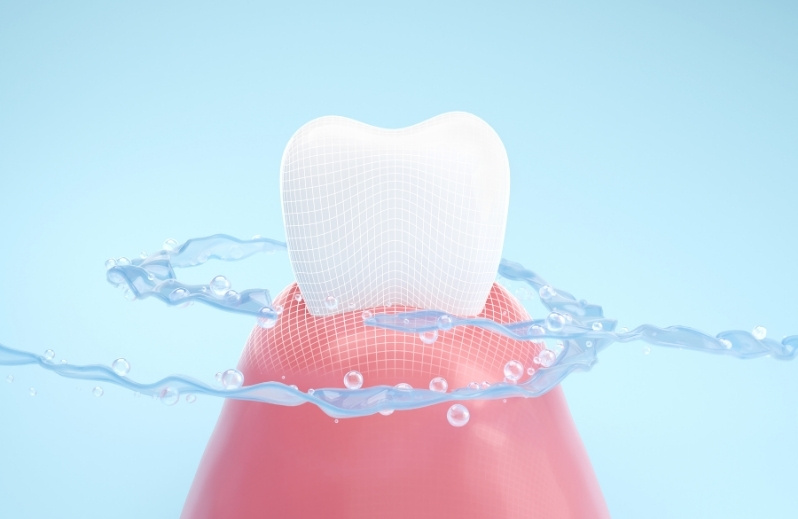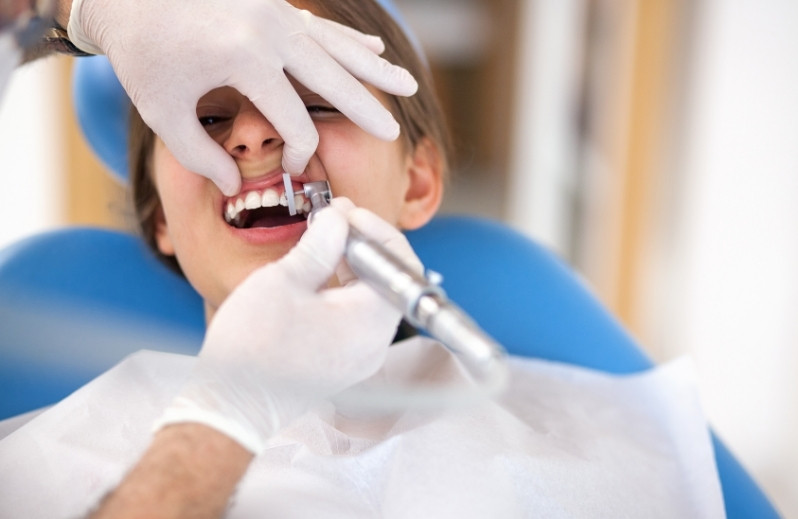More Than Just Brushing: Why Cleanings And Exams Are Crucial?

Maintaining oral health is about more than just brushing your teeth twice a day. While brushing is the cornerstone of good dental hygiene, professional cleanings and exams play an equally important role in keeping your smile healthy and vibrant.
Many people think regular brushing and flossing are enough, but this misconception could lead to serious dental problems down the line. This blog is an exploration on how cleanings and exams are vital to your oral care routine and how they go beyond the basics of brushing.
Brushing Isn’t Enough
Brushing is necessary, but it doesn’t reach every part of your mouth. The bristles of a toothbrush, no matter how advanced, can’t get into the crevices between your teeth or below the gumline. These areas can harbor bacteria, which may lead to gum disease, cavities, and other dental issues.
What Brushing Misses?
- Plaque buildup between teeth
- Tartar accumulation on teeth and gums
- Signs of gum disease like inflammation and bleeding
The Science Behind Dental Cleanings
Professional dental cleanings remove plaque and tartar that brushing can’t reach. These build-ups, if left untreated, can harden into calculus (tartar), leading to serious dental problems. During a cleaning, your dental hygienist uses specialized tools to remove these deposits, polish your teeth, and apply fluoride if necessary.
Key Benefits of Cleanings
- Removes plaque and tartar
- Polishes teeth for a smoother surface
- Reduces bad breath (halitosis)
- Lowers risk of gum disease
Spotting Problems Early: Why Exams Matter?
A professional exam involves more than just checking for cavities. Your dentist will look for early signs of gum disease, oral cancer, and other health problems that brushing alone can’t detect. These exams allow dentists to catch issues before they become more serious and harder (or more expensive) to treat.
What Dental Exams Include?
- Screening for oral cancer
- Checking for signs of gum disease
- X-rays to detect underlying issues like bone loss or impacted teeth
- Evaluating bite and jaw alignment
The Connection Between Oral Health & Dental Health
What many people don’t realize is that your oral health is directly connected to your overall health. Studies have shown that oral health issues can aggravate illnesses, including diabetes, respiratory infections, and heart problems. By keeping up with regular cleanings and exams, you’re not just caring for your mouth—you’re protecting your entire body.
Conditions Linked To Oral Health
- Heart disease: Bacteria from gum disease can enter the bloodstream, leading to heart problems.
- Diabetes: Gum disease can make it harder to control blood sugar.
- Respiratory infections: Bacteria in the mouth can be inhaled into the lungs, causing infections.
What Happens If You Skip Cleanings and Exams?
Neglecting cleanings and exams can lead to a range of oral health issues, some of which may be irreversible without extensive treatment. Even if you brush and floss diligently, without professional care, you may still experience:
- Gum disease: One of the most common outcomes of skipping dental visits is gum disease. It starts as gingivitis, with symptoms like redness and bleeding, and can progress to periodontitis, which can cause tooth loss.
- Tooth decay: Plaque that isn’t professionally removed can break down the enamel, leading to cavities that may require fillings or even root canals.
- Bad breath: Without regular cleanings, bacteria can accumulate and cause persistent bad breath that brushing alone can’t fix.
Cleanings and Exams: What to Expect?
A typical dental visit for a cleaning and exam involves several steps. Each of them is important for maintaining oral health. Here’s what happens:
- Review of medical history: Your dentist will check your medical history to see any conditions that might affect your oral health.
- X-rays: You may need X-rays to check for hidden dental problems like decay between teeth or issues with the jawbone.
- Scaling and polishing: Your hygienist will remove plaque and tartar using special tools, then polish your teeth to make it harder for plaque to accumulate.
- Fluoride treatment: If necessary, fluoride is applied to strengthen the enamel and protect against decay.
- Comprehensive exam: The dentist will examine your teeth, gums, tongue, and other oral tissues for any abnormalities.
How Often Should You Get Cleanings and Exams?
Most dentists recommend cleanings and exams every six months, but the frequency may vary depending on your oral health. If you have a history of gum disease or other issues, you may need to visit more frequently.
Why Skipping Appointments Is Risky?
Life gets busy, and sometimes, it’s tempting to skip dental appointments, especially if you feel like your brushing routine is thorough. However, missing cleanings and exams can have long-term consequences.
- Silent Problems: Dental issues like cavities or gum disease can develop without noticeable symptoms. By the time pain sets in, significant damage may already be done.
- More Expensive Treatments: Preventive care is far more affordable than treating advanced dental problems like root canals or extractions.
Breaking The Fear of Dental Visits
Many people avoid cleanings and exams due to dental anxiety, but this can put your oral health at risk. If you struggle with fear or anxiety, here are a few tips to make dental visits more comfortable:
- Communicate with your dentist: Let them know about your concerns, so they can make adjustments.
- Use relaxation techniques: Deep breathing or listening to calming music during your appointment can help.
- Bring a friend: Having a trusted person with you can provide comfort.
The Long-Term Benefits of Regular Cleanings and Exams
Making cleanings and exams a regular part of your oral care routine provides numerous long-term benefits:
- Fresher breath: Regular removal of bacteria keeps your breath smelling fresh.
- Stronger enamel: Fluoride treatments during cleanings strengthen your enamel.
- Improved overall health: As mentioned, oral health impacts your body, making regular cleanings and exams an investment in your total well-being.
More Than Just Brushing
While brushing is an important part of daily oral hygiene, it is only one piece of the puzzle. Cleanings and exams provide essential care that brushing alone cannot offer, helping to prevent serious problems like gum disease and tooth decay. By scheduling regular cleanings and exams, you protect both your smile and your overall health.
Make cleanings and exams a priority—not just for a bright smile, but for a healthier you.



